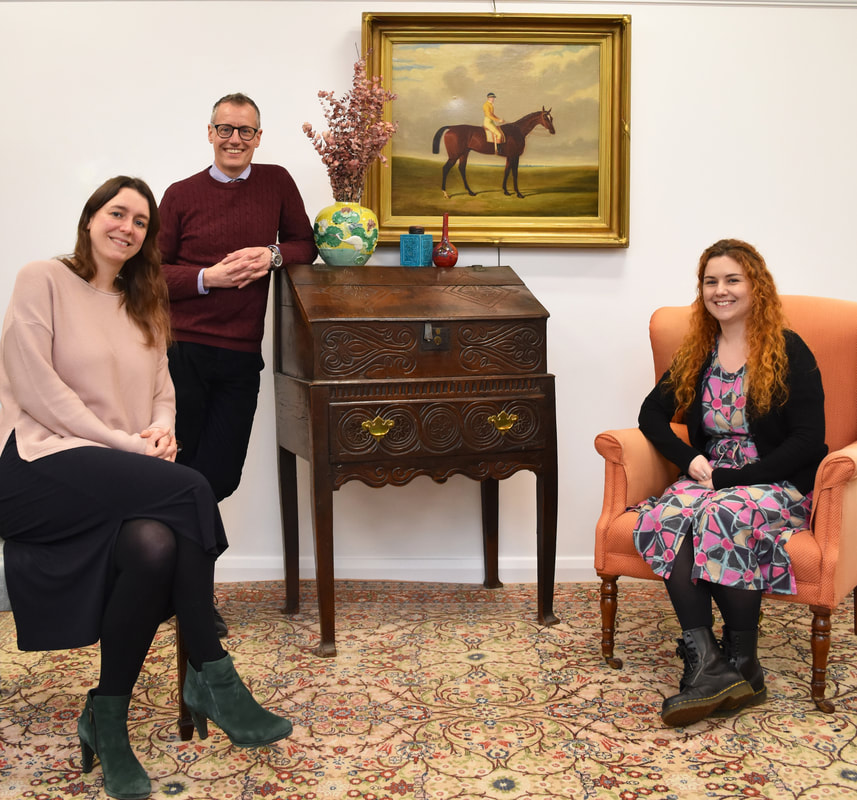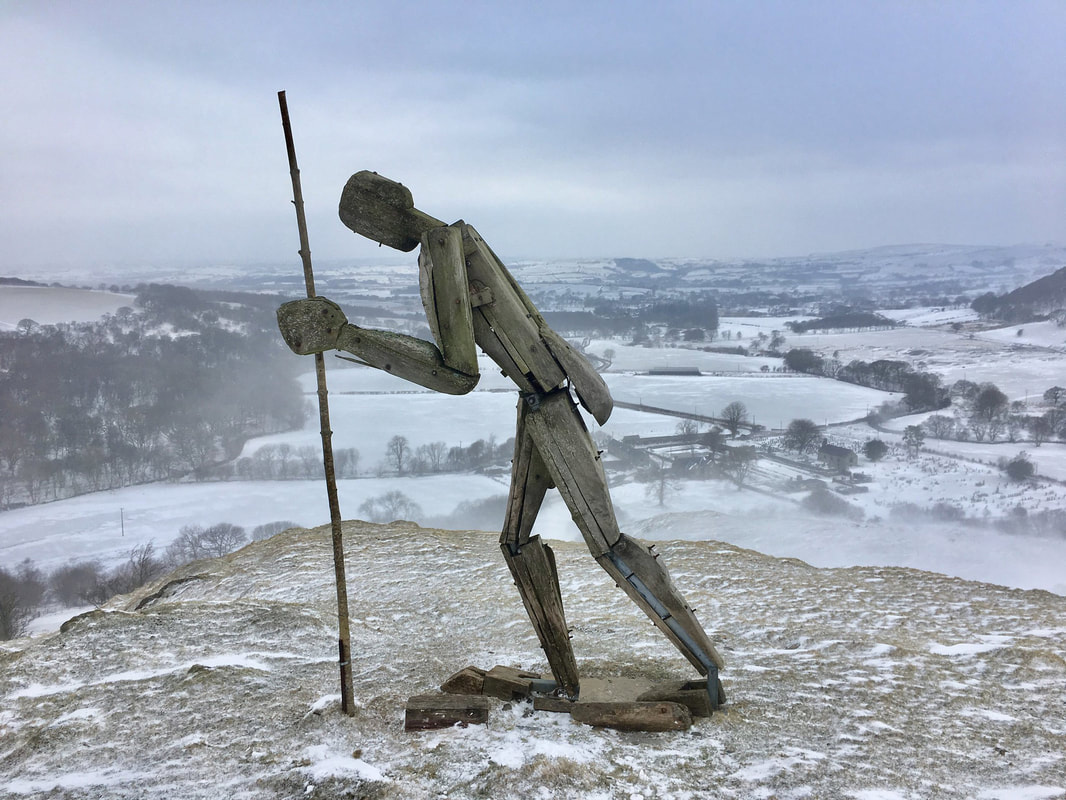Ever wondered how much a family heirloom is worth or whether items stored away in your loft or cupboard have any value?
Could a piece of jewellery or silver, a painting, an example of Asian pottery, an item of militaria, an old book, a stamp album or a coin collection, that has been in the family for generations, be a hidden gem?


